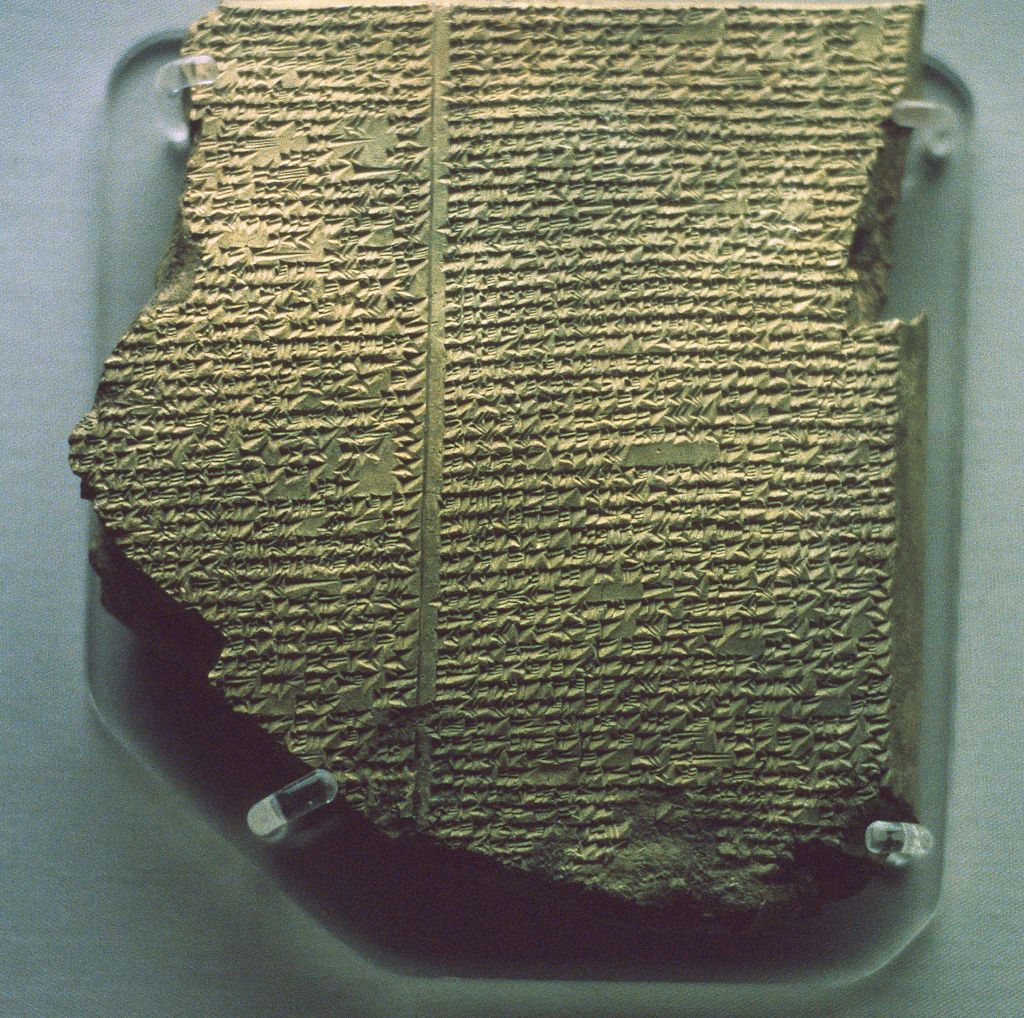[ad_1]
Last year, a Mesopotamian cuneiform tablet bearing part of the Epic of Gilgamesh, thought to be the oldest work of literature in history, was confiscated from the Museum of the Bible in Washington, D.C. Today, it sits in a Department of Homeland Security warehouse in New York, the subject of both a civil forfeiture action filed by U.S. federal authorities, who hope to return the artifact to Iraq, and a suit filed on Tuesday in the Eastern District of New York by Hobby Lobby against Christie’s, which sold the tablet to the arts and craft business in 2014.
According to the suit filed by U.S. federal authorities, the tablet was “pillaged” from Iraq and brought to the United States in violation of the National Stolen Property Act, which restricts the importation of antiquities from Iraq after 1990. Christie’s is accused of misrepresenting the provenance that was made available when the tablet sold to Hobby Lobby for $1.6 million.
“The U.S. government’s forfeiture of the Tablet renders the Tablet unsalable and worthless to Hobby Lobby,” the suit reads. Hobby Lobby is now seeking to recover the price paid for its purchase.
The piece is known as the Gilgamesh Dream Tablet, and it is one of 12 tablets inscribed with the Epic of Gilgamesh found in 1853 in Assyrian ruins in Iraq. According to the lawsuit against Christie’s, the provenance supplied by the auction house claimed that the tablet was acquired by dealers in San Francisco before 1981. A curator at the Museum of the Bible uncovered evidence that that provenance was false in 2017, the suit claims.
In statement to ARTnews, a spokesperson for the Museum of the Bible said, “We support the Department of Homeland Security’s efforts to return this Gilgamesh fragment to Iraq,” adding, “Before displaying the item in 2017, we informed the Embassy of Iraq that we had the item in our possession but extensive research would be required to establish provenance. We have continued these private discussions with Iraqi officials.”
In response to the lawsuit, a Christie’s spokesperson said in a statement to Artnews, “This filing is linked to new information that has come to light regarding an unidentified dealer’s admission to government authorities that he illegally imported this item then falsified documents over a decade ago, in order to perpetrate an illegal sale and exploit the legitimate market for ancient art. Now that we are informed of this activity pre-dating Christie’s involvement, we are reviewing all representations made to us by prior owners and will reserve our rights in this matter. Assertions within the filing that suggest Christie’s had knowledge of the original fraud or illegal importation do not comport with our own investigation of this matter.”
[ad_2]
Source link


